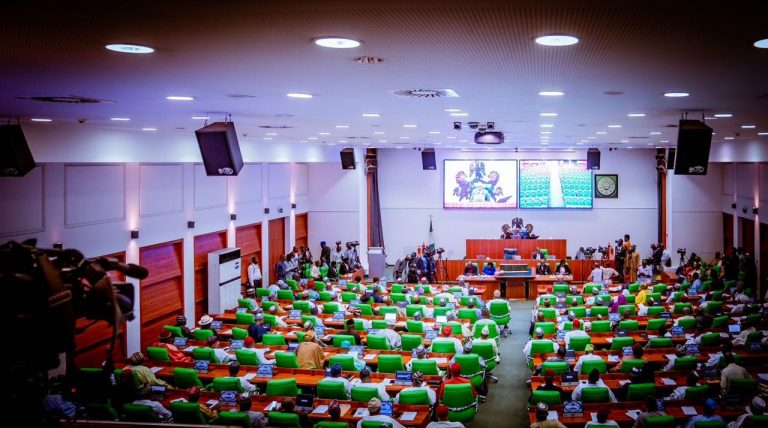
As part of the ongoing amendment of the 1999 Constitution, the House of Representatives is considering the creation of 302 new parliamentary seats across national and state assemblies, exclusively for women and Persons With Disabilities (PWDs).
The proposal, contained in two separate bills sponsored by Speaker Tajudeen Abbas and Deputy Speaker Benjamin Kalu, seeks to enhance the representation of marginalized groups in legislative houses. The bills have passed second reading and are currently before the House Committee on Constitution Review.
Under the proposal, 86 of the new seats would be allocated to the National Assembly—12 for PWDs and 74 for women—while the remaining 216 would go to State Houses of Assembly. The provisions are set to take effect after the current legislative tenure ends in 2027.
Special Seats for Persons With Disabilities
The bill on PWDs, sponsored by Abbas (HB 1931), proposes the amendment of sections 48, 49, 71, 77, 91, and 117 of the Constitution. It aims to create:
12 National Assembly seats: One Senate and one House of Representatives seat from each of the six geopolitical zones, rotating every four years.
Three reserved seats for PWDs in each of the 36 State Assemblies.
One councillorship position in each of Nigeria’s 774 local government areas.
According to the bill’s explanatory note, the goal is to address the chronic underrepresentation of physically challenged persons in governance and empower them to advocate for policies that reflect their needs.
Reserved Seats for Women
The second bill (HB 1349), sponsored by Kalu and 12 other lawmakers, also seeks constitutional amendments to create dedicated seats for women in federal and state legislatures.
Key provisions include:
An additional Senate seat for women in each state and the FCT.
One extra seat per state and the FCT in the House of Representatives, reserved for women.
Three additional seats in each State Assembly—one per senatorial district—reserved for women.
The bill clarifies that these provisions will not bar women from contesting general seats and are intended as temporary measures. The special seats would be reviewed after four general elections (16 years) to determine whether they should be retained, adjusted, or phased out.
According to the sponsors, the legislation is aimed at correcting the low level of female representation in Nigerian politics and fostering gender inclusivity in governance.






